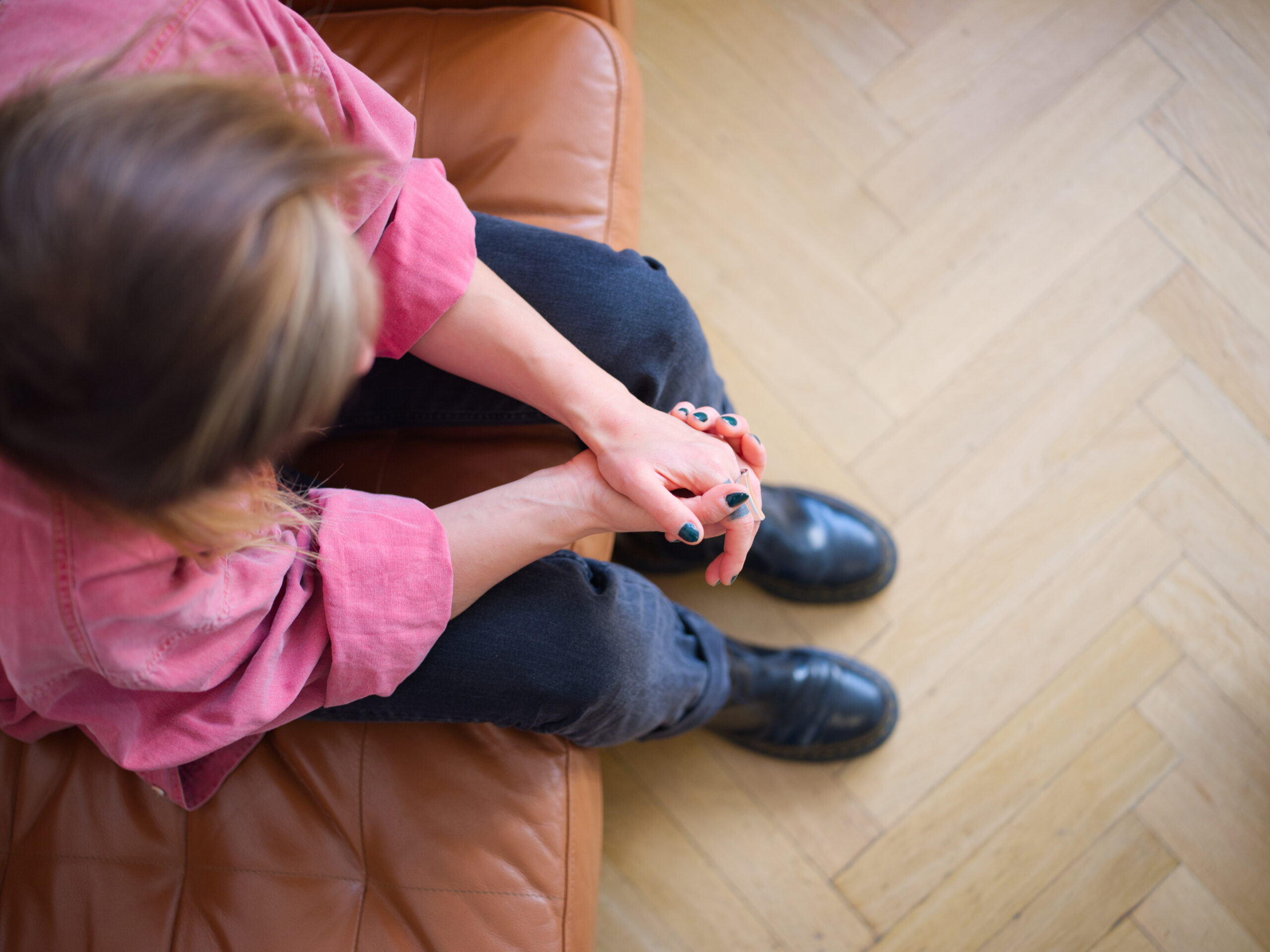Obsessive-compulsive disorder, also known as OCD, has many forms and is a spectrum of anxiety disorders. Obsessive-compulsive disorder is characterised primarily by intrusive chains of thoughts, known as obsessions. An obsession is any form of intrusive thought that the sufferer cannot get rid of, demands his or her full attention, returns with unbearable persistence, exhausts him or her and causes considerable psychological suffering. The sufferer finds short-term relief from this unpleasant condition in what is known as compulsion, a compulsive, repetitive behaviour or thought ritual.
Do you think you need help or at least want more clarity? Make an appointment for a no-obligation initial and diagnostic consultation or just give us a call, we will be happy to advise you and help you with everything. At our first meeting we will talk about your difficulties, find out the severity of your problems and the possible causes. We will suggest a course of action and, if necessary, select your personal therapist so that he/she not only meets your professional requirements, but also suits you humanly.



